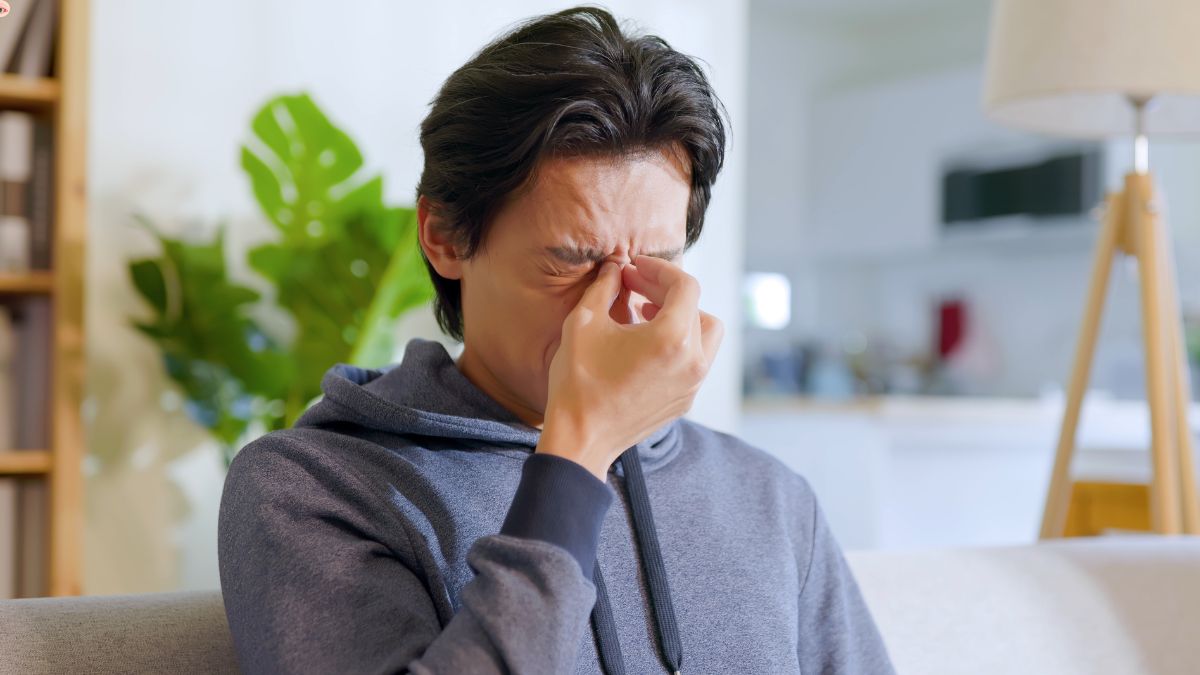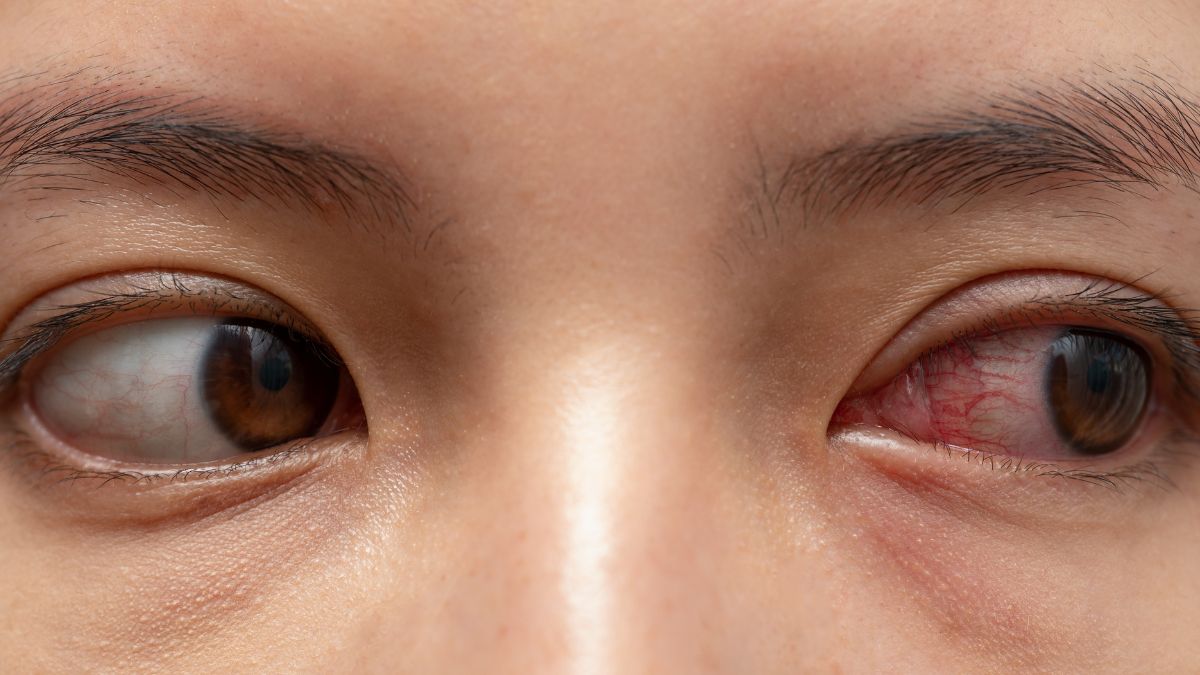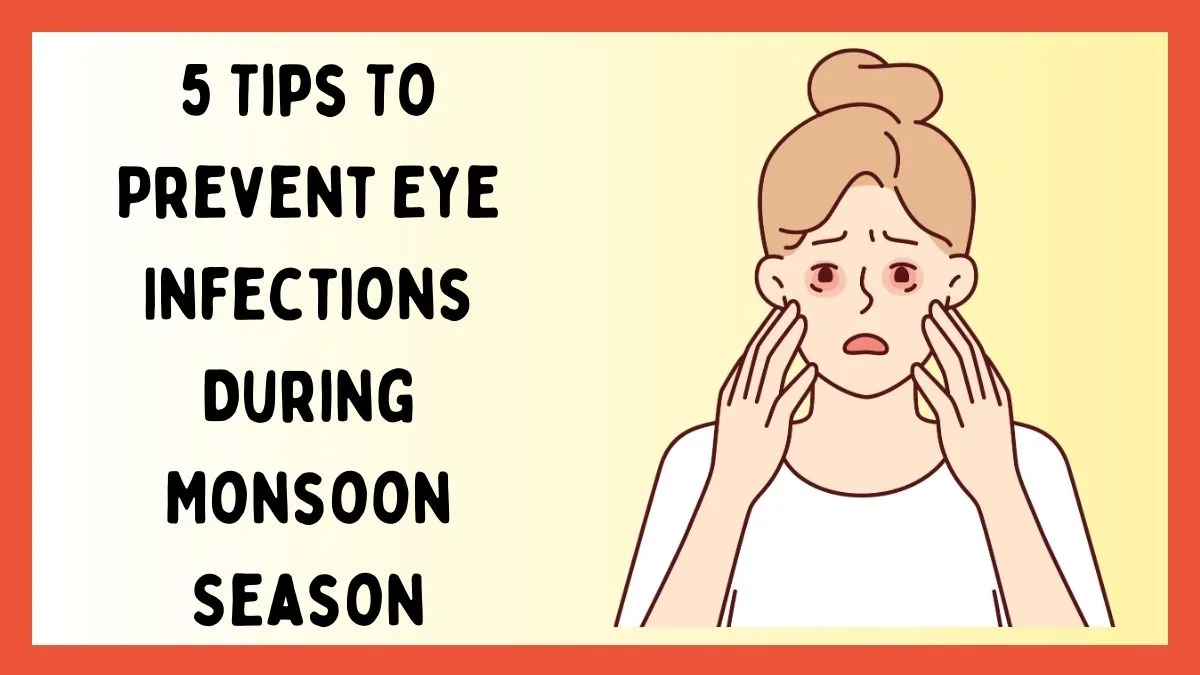- By Priyanka Munshi
- Wed, 03 Jul 2024 02:45 PM (IST)
- Source:JND
It is vital to take care of your eyes to prevent infections during the monsoon season when the risk of eye-related illnesses increases significantly. The monsoon increases humidity and exposes people to more allergens and pollutants, making the atmosphere more conducive to spreading illnesses like styes, fungal infections, and conjunctivitis.
Maintaining proper eye hygiene during this time is essential. This entails routinely cleaning your hands and refraining from rubbing or scratching your eyes, as these actions can spread dangerous viruses and bacteria. Keeping your eyes healthy also involves washing them with clean water and shielding them from dust and pollution by wearing sunglasses outside. We've gathered all the advice you need to keep your eyes healthy during the rainy season right here.

Strengthening your immune system by drinking plenty of water and eating a well-balanced diet high in vitamins A and C further promotes eye health. (Image Credit: Canva)
Put On Sunglasses
When going outside during the monsoon, shield your eyes with protective glasses or shades to prevent direct contact with splashes of rainwater.
Eye Makeup
It is crucial to apply waterproof eye makeup during the rainy season, to wash your lenses thoroughly before and after use, and to avoid using cosmetics when you are sick.

It's important to refrain from sharing personal items like towels and cosmetics to lessen the chance of cross-infection. (Image Credit: Canva)
Regular Eye Check-Ups
It is essential to have children's eye infections checked out by an expert regularly.
Avoid Going Out
Rinse your eyes right away after a dust storm to avoid irritation and eye infections. When exposed to wind or dust, wear eye protection, such as glasses.
Also Read: What Is low Inflammation Diet? 5 Best Foods You Must Eat To Fight With This Problem
Never Share Your Towel
Sharing handkerchiefs, towels, and napkins—personal hygiene items that might spread harmful bacteria and viruses—can result in the spread of eye diseases.
(Disclaimer: This article is for informational purposes only. It is not a substitute for professional advice, diagnosis or treatment.)

